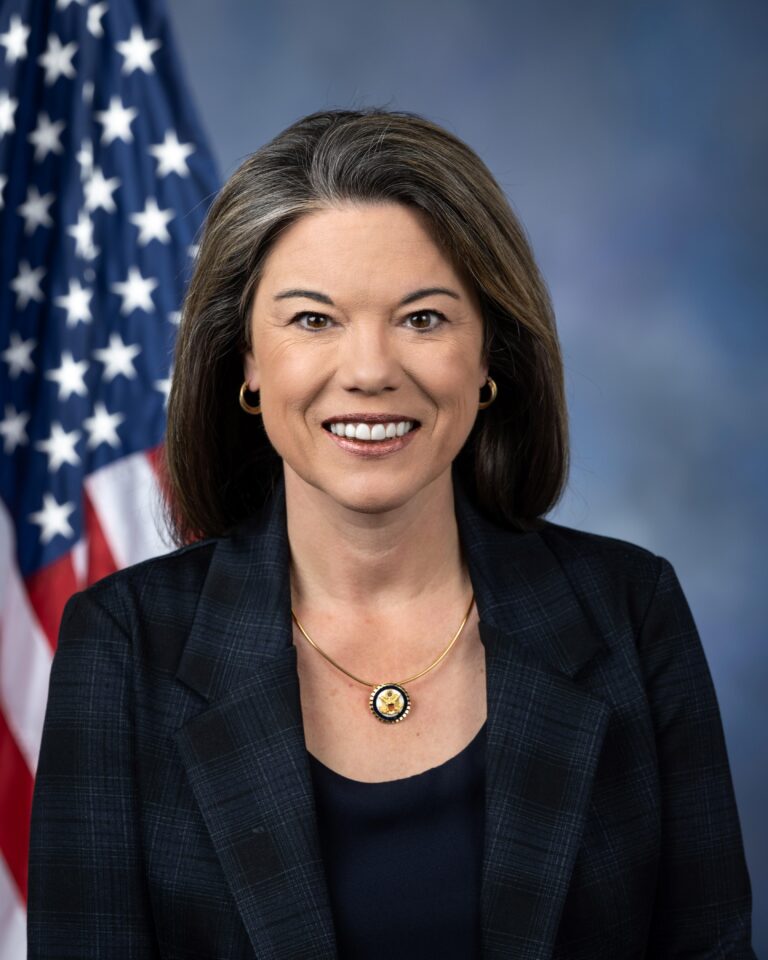MinnesotaŌĆÖs U.S. Senate Race: Angie Craig and Peggy Flanagan Lead a Dynamic Contest
Emerging Leaders in a High-Stakes Senate Battle
In the fiercely contested race for MinnesotaŌĆÖs U.S. Senate seat, two prominent Democrats, Angie Craig and Peggy Flanagan, are gaining significant momentum. Both candidates bring extensive political experience and a strong connection to MinnesotaŌĆÖs progressive base, positioning themselves as key players in a campaign that could redefine the stateŌĆÖs political landscape. As the election season advances, their efforts to galvanize support and articulate clear visions for MinnesotaŌĆÖs future are drawing widespread attention.
Distinct Campaign Priorities Reflect Diverse Voter Interests
Craig and Flanagan have crafted distinct platforms that appeal to different segments of MinnesotaŌĆÖs electorate. Angie Craig focuses on stimulating economic development, supporting veterans, and enhancing infrastructure, aiming to attract suburban voters who prioritize job growth and fiscal responsibility. In contrast, Peggy Flanagan emphasizes education reform, indigenous rights, and aggressive climate policies, resonating strongly with urban communities and people of color who seek systemic change and social equity.
Recent polling data highlights the competitiveness of the race, with healthcare, economic recovery, and environmental issues topping voter concerns. Both candidates have tailored their messaging to address these priorities, showcasing their commitment to progressive yet pragmatic solutions.
- Angie Craig: Economic revitalization, veteran support, infrastructure upgrades
- Peggy Flanagan: Education equity, indigenous advocacy, climate action
| Candidate | Core Focus | Primary Voter Base |
|---|---|---|
| Angie Craig | Economic Growth & Veteran Affairs | Suburban Communities |
| Peggy Flanagan | Education & Environmental Justice | Urban and Indigenous Populations |
Policy Contrasts Define Campaign Narratives
While both candidates share progressive values, their policy emphases diverge in ways that shape their appeal. Angie Craig advocates for bolstering MinnesotaŌĆÖs manufacturing sector and expanding support for small businesses, aiming to create sustainable jobs and economic stability. Her platform also includes workforce training programs and rural development initiatives, targeting voters concerned with practical economic solutions.
Conversely, Peggy FlanaganŌĆÖs campaign centers on social justice, with a strong focus on expanding healthcare access through universal coverage, reforming education to close achievement gaps, and implementing bold climate policies. Her approach seeks to address systemic inequalities and promote environmental sustainability, attracting a coalition of progressive urban voters and marginalized communities.
- CraigŌĆÖs Approach: Economic pragmatism, workforce development, rural investment
- FlanaganŌĆÖs Vision: Social equity, expanded social programs, climate leadership
| Policy Area | Angie Craig | Peggy Flanagan |
|---|---|---|
| Economic Development | Manufacturing expansion & small business growth | Fair labor practices & inclusive opportunity |
| Healthcare | Market-based affordability initiatives | Universal healthcare & Medicaid expansion |
| Environment | Incentives for clean energy partnerships | Comprehensive climate action & green transition |
| Education | Vocational training & apprenticeship programs | Increased funding & closing educational disparities |
Grassroots Energy and Fundraising Power Campaigns
Both Craig and Flanagan have successfully ignited grassroots enthusiasm, mobilizing volunteers and local activists through community events, digital outreach, and direct voter contact. Their campaigns emphasize inclusivity and transparency, drawing support from MinnesotaŌĆÖs diverse population. This grassroots momentum is evident in their frequent rallies, neighborhood canvassing, and innovative social media engagement, which have helped build strong, loyal bases.
Fundraising efforts have been equally robust, with both candidates raising millions in the first quarter of the year. A significant portion of their contributions comes from small-dollar donors, reflecting widespread grassroots backing. Their fundraising events range from intimate coffee gatherings to cultural festivals, further strengthening community ties.
| Candidate | Q1 Fundraising | Small-Dollar Donations (%) | Major Fundraising Events |
|---|---|---|---|
| Angie Craig | $2.3 Million | 72% | 15 |
| Peggy Flanagan | $1.9 Million | 68% | 12 |
- Community-driven fundraisers including neighborhood meetups and cultural events
- Volunteer-led door-to-door canvassing campaigns
- Engaging digital initiatives such as interactive Q&A sessions and social media challenges
Effective Strategies for Success in MinnesotaŌĆÖs Political Arena
To thrive in MinnesotaŌĆÖs competitive political environment, candidates must adopt multifaceted strategies that extend beyond conventional campaigning. Building strong grassroots networks through local forums, endorsements, and volunteer mobilization remains essential. Tailoring campaign messages to resonate with MinnesotaŌĆÖs varied electorateŌĆöfrom the urban centers of Minneapolis-St. Paul to rural communitiesŌĆöcan provide a decisive edge in swing districts.
Moreover, leveraging digital platforms is critical in reaching younger voters and shaping public discourse. Crafting compelling, issue-focused content on social media enables campaigns to maintain control over their narratives and respond swiftly to emerging challenges. A balanced approach that combines data-driven targeting with authentic storytelling is key to connecting with voters on a deeper level.
- Grassroots Engagement: Hosting community events, securing local endorsements, and organizing volunteer canvassing
- Digital Outreach: Utilizing targeted advertisements, video content, and interactive online sessions to engage millennials and Gen Z
- Focused Messaging: Prioritizing healthcare, education, and economic opportunity to align with constituent concerns
| Strategic Focus | Key Tactics | Anticipated Outcome |
|---|---|---|
| Grassroots Mobilization | Local gatherings, coalition-building efforts | Boosts voter turnout and loyalty |
| Digital Campaigning | Social media ads, live interactive Q&As | Enhances engagement with younger demographics |
| Issue-Driven Messaging | Policy-centric speeches, targeted mail campaigns | Strengthens voter trust and connection |
Looking Ahead: What to Expect in MinnesotaŌĆÖs Senate Race
As the contest for MinnesotaŌĆÖs U.S. Senate seat intensifies, Angie Craig and Peggy Flanagan stand out as influential candidates shaping the stateŌĆÖs political future. Their campaigns reflect evolving voter priorities and the broader national discourse on equity, economic opportunity, and environmental stewardship. With election day approaching, the effectiveness of their strategies and the resonance of their messages will be pivotal in determining the outcome of this closely watched race, which holds significant implications for the balance of power in Washington.







